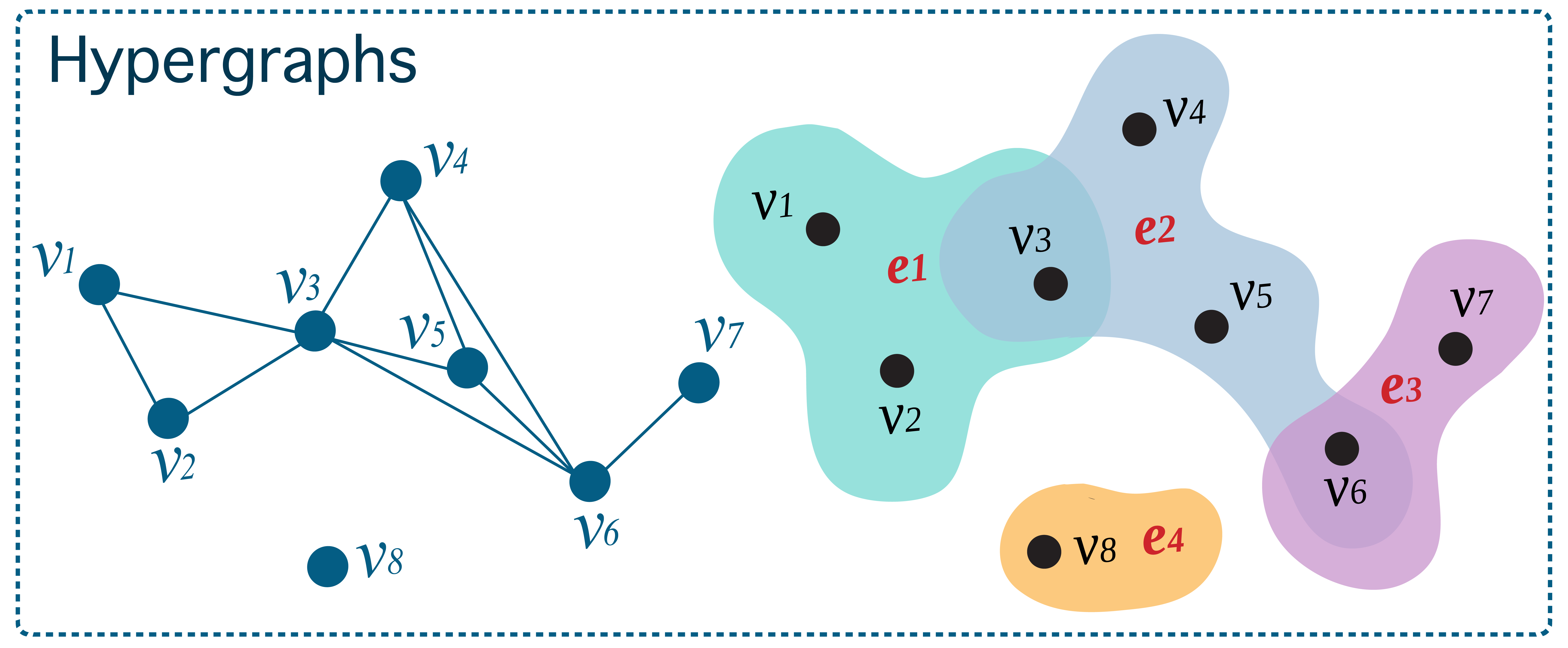Research Projects at Cosnet
Beyond The Edge: Higher-Order Networks and Dynamics Knowledge At the Tip of Your Fingers: Clinical Knowledge for Humanity Complexity Science for Sustainable and Healthy Nutrition Bridging the Gap: from Individual Behavior to the Socio-technical Man Distributed Global Financial Systems for Society Dynamics and Structure of Complex Systems Foundational Research on Multilevel Complex Networks and Systems Mathematical Framework for Multiplex Networks Structure and Dynamics of Natural and Manmade Complex Systems Systems Biology of Mycobacterium tuberculosis Tackling Complexity in Physical and Biological Systems: A Computational Approach Thematic Network: Dynamics and Synchronization in NetworksHigher-Order Networks and Dynamics (Beyond The Edge)
European Union MSCA Project
2024-2028
Summary of the project: Many systems that govern our everyday lives—from communication networks to the human brain—can be seen as networks of interconnected units. Traditionally, networks are equated with graphs where edges give pairwise relations between two units. However, in network dynamical systems, nonlinear higher-order interactions between more than two units often play a critical role in shaping the collective dynamical behaviour of all units: For example, the spread of a disease depends not only on our behaviour as pairs of individuals but also how we behave in groups of more than two. Thus, elucidating the role of these higher-order interactions is critical to understand and control the dynamics of complex systems that determine our lives and livelihoods, whether it is the spreading of a disease or the proper functioning of the human brain as a network of billions of neurons. The consortium brings together key researchers in an international network that is interdisciplinary (from mathematics to neuroscience) and intersectorial (including academia, private research institutes, and industry) to develop new mathematical insights relevant for real-world problems. BeyondTheEdge will train a cohort of 10 PhD students through research, education, and complementary skills training. This will enable the PhD students to innovate, collaborate, and become leading professionals in academia, industry, or the public sector.
2024-2028


